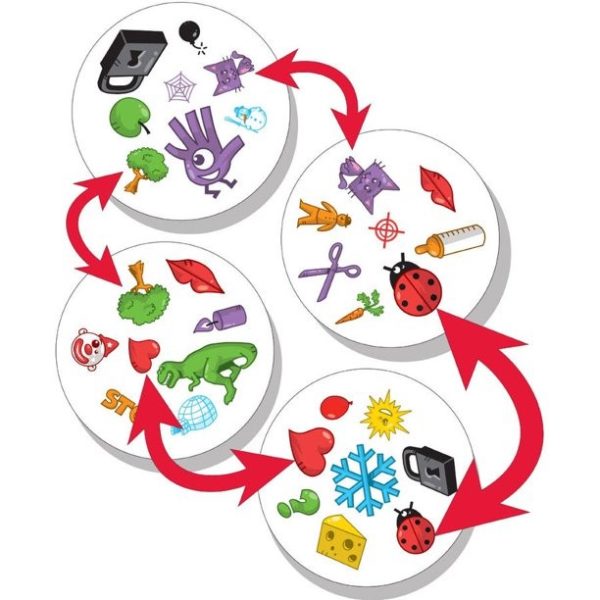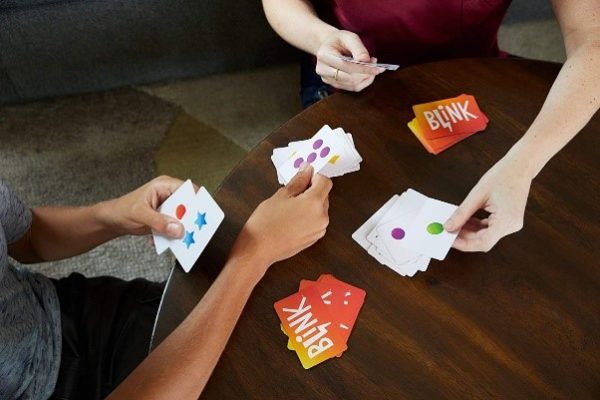By: Sam Develli, OTR/L
6-10 years
Around this age, a child gains the ability to tie their shoes, tie bows, and close back fasteners. They are also able to brush their teeth unsupervised. They enter a new psychosocial stage of development – industry versus inferiority. This stage is characterized by the motivation to master new skills and development of a sense of pride in their accomplishments. The shift to elementary school also shifts play style, offering opportunities to accomplish and demonstrate competence. These children enjoy social play, games, sports, and schoolwork. They can print their own name, copy a triangle, and most upper- and lower-case letters. These kiddos also gain increased independence in health care maintenance, including the ability to assist with getting medication ready, using basic first aid for minor injuries, and informing others of emergencies.
Play Style: Games with Rules, Crafts/Hobbies, Organized Sports, Social
- winning and skill emphasized
- peer play predominates
Appropriate Toys:
- computer games
- card games requiring problem solving & abstract thinking
- crafts
- construction- especially requiring bilateral coordination
- motor planning- complex puzzles
- throwing/catching balls
10-13 years
As is expected, the pre-teen years are centered on the preoccupation with self and the self-evaluation of attractiveness as compared to others. These pre-teens demonstrate interest and anxiety regarding their development and experience a growth phase in which they gain weight, typically lasting about 4 years. Due to all these changes, a major area of concern is a decrease in the engagement in physical extracurricular and leisure activities. The promotion of constructive use of their non-school hours is crucial to positive health.
![]() Due to an undeveloped prefrontal lobe, which is associated with abstract reasoning, processing speed, and response inhibition, preteens often have difficulty considering possibilities as generalizations of actual real events. Thus, the continued oversight and guidance is crucial to their safe and healthy navigation of this stage.
Due to an undeveloped prefrontal lobe, which is associated with abstract reasoning, processing speed, and response inhibition, preteens often have difficulty considering possibilities as generalizations of actual real events. Thus, the continued oversight and guidance is crucial to their safe and healthy navigation of this stage.
Pre-teens gain increased independence in healthcare maintenance. They are able to recognize when they are getting sick, take medication with supervision, care for healthcare items (i.e. braces) and eat nutritious meals with supervision. They know emergency procedures and can use first-aid procedures.
Appropriate Gifts:
- physical activity experiences (i.e. hiking, swimming, skiing, roller blading, challenge course, ice skating, etc)
- Moneybox Bank to plan, save, develop financial concepts, and consider possibilities of use
- Games requiring higher-level processing and consideration of possibilities- i.e. scrabble, jenga, uno, monopoly, battleship, soduku, chess
- STEM
- Craft Kits
- Brainteasers
- I-spy
- Gross motor games- ultra dash, skip it, twister
- Pogo Stick
- Bike/Scooter/Skateboard
- Puzzles 250-500 pieces
- Enhancing processing speed- blink, spot it, tricky hands, blurt, Pictionary, charades, distraction, electronic simon, bop it, tenzi










